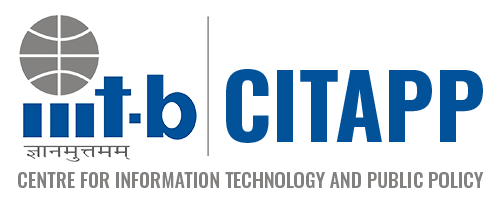Date: 20-10-2021
About the October 20th talk: Can machine learning support better governance? In the context of Brazilian municipalities, 2001-2012, we have access to detailed accounts of local budgets and audit data on the associated fiscal corruption. Using the budget variables as predictors, we train a tree-based gradient-boosted classifier to predict the presence of corruption in held-out test data. The trained model, when applied to new data, provides a prediction-based measure of corruption that can be used for new empirical analysis or to support policy responses. We validate the empirical usefulness of this measure by replicating and extending some previous empirical evidence on corruption issues in Brazil. We then explore how the predictions can be used to support policies toward corruption. Our policy simulations show that, relative to the status quo policy of random audits, a targeted policy guided by the machine predictions could detect almost twice as many corrupt municipalities for the same audit rate. Similar gains can be achieved for a politically neutral targeting policy that equalizes audit rates across political parties. This talk is based on a CESifo Working Paper co-authored by Drs. Elliott Ash, Sergio Galletta and our speaker, Tommaso Giommoni.
Speaker Bio: Dr. Tommaso Giommoni is a Post-Doctoral Researcher at ETH Zurich – Chair of Public Economics and affiliated to the Carlo F. Dondena Centre and to the Baffi CAREFIN Centre at Bocconi University. He completed his PhD in Economics at Bocconi University. His main research interests include Public Economics, Political Economy and Public Finance, with particular focus on issues related to taxation, fiscal federalism and public corruption.
Dr. Giommoni’s talk will be followed by a discussion and Q&A session anchored by Dr. Suresh.
CITAPP’s Monthly Seminar Series is an attempt to create a forum where researchers across IIITB domains can meet and discuss cutting edge research on the chosen theme of the semester. The Series hopes to explore a technology or topic for its ramifications in different realms of social activity. In particular, we are interested in understanding the specific kinds of complexity that these domains present for technological innovation and design.
